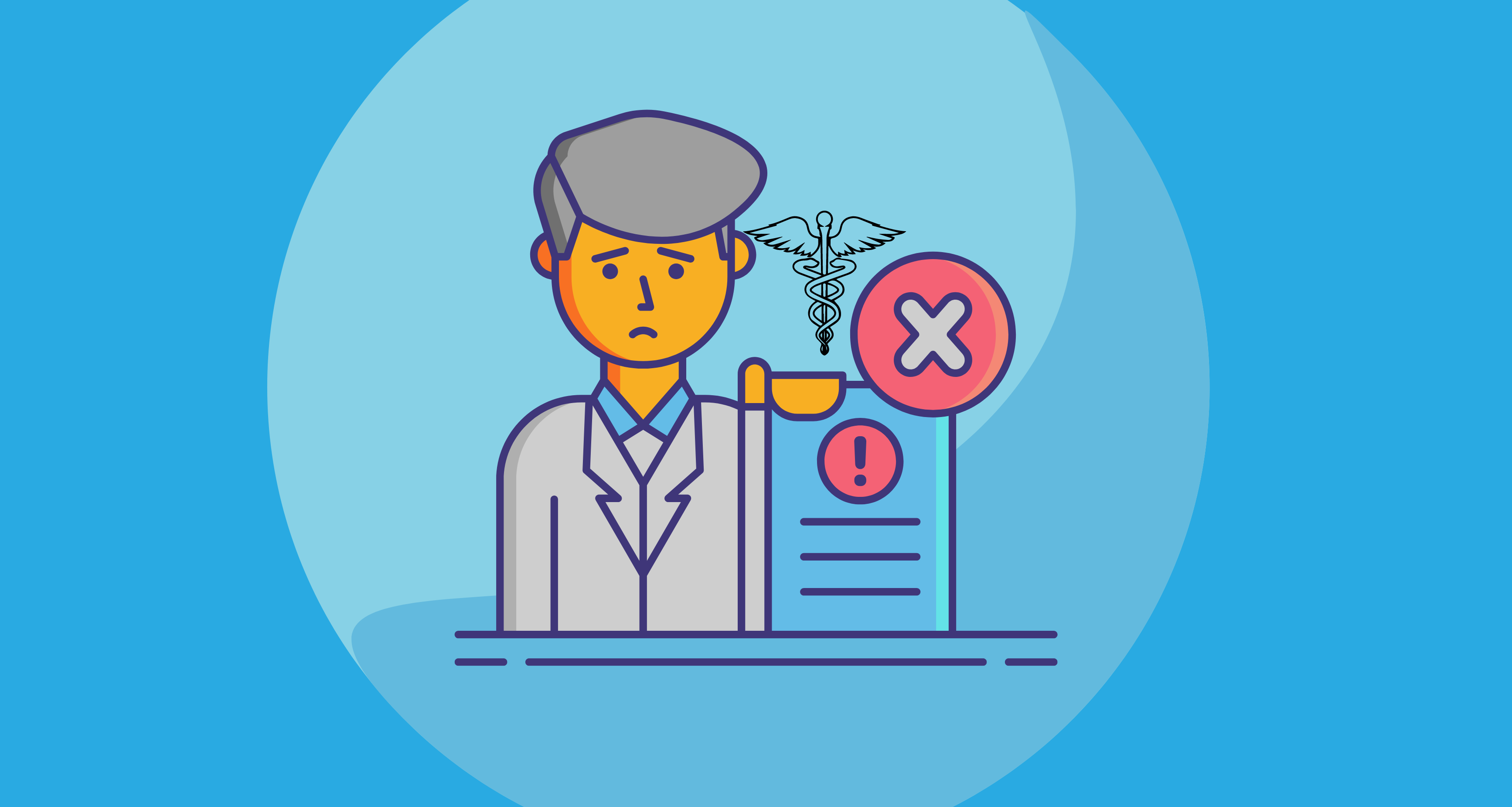
The HIPAA Privacy Rule, established under the Health Insurance Portability and Accountability Act (HIPAA), was designed to protect sensitive patient information from unauthorized access. It requires healthcare providers, health plans, and other covered entities to safeguard patients protected health information (PHI).
Despite these strict measures, countless instances of HIPAA Privacy Rule violations occur each year, leading to severe consequences for the parties involved. These violations range from minor infractions to significant breaches that negatively impact patients and institutions. In the bustling world of healthcare, numerous examples of HIPAA privacy rule violations can befall even the most diligent organizations.
5 Most Common Violations of the HIPAA Privacy Rule
1. Improper Disposal of Protected Health Information (PHI)
Properly disposing of PHI is crucial to maintaining patient privacy, but too often, healthcare organizations fail to take this responsibility seriously. Whether through negligence or lack of training, staff may discard documents containing sensitive information in unsecured trash bins or dumpsters – leaving them vulnerable to unauthorized access. Furthermore, electronic records must be securely deleted or wiped clean before discarding old devices such as computers and smartphones. Failing to adhere to these standards puts patients at risk and potentially exposes healthcare providers to hefty fines under federal law. The penalty for violating the HIPAA Privacy Rule through careless disposal can result in fines ranging from $100 to $50,000 per incident, depending on the severity and whether it was deliberate.
2. Unauthorized Access and Disclosure of PHI
Staff members of a healthcare organization may intentionally or unintentionally view, share or use PHI without authorization. Despite rigorous rules dictating how PHI should be handled among professionals, there are instances where sensitive information is shared without proper consent or authorization. A few examples include:
- Prying into celebrity medical records
- Divulging confidential details about a patient’s condition to a third party
- Looking at confidential psychotherapy notes
- Careless conversations in public areas such as waiting rooms
The consequences of violating the HIPAA Privacy Rule in this manner can be detrimental to the individual and the healthcare organization. Not only do responsible individuals face disciplinary action within their organization, but also potential civil and criminal penalties under federal law.
3. Lack of Appropriate Safeguards
The lack of appropriate safeguards against unauthorized individuals accessing stored PHI physically or electronically encompasses inadequate security measures such as:
- Unlocked file rooms
- Weak passwords
- Outdated cybersecurity software
This leaves organizations vulnerable to hacking attempts. In recent years, there has been an alarming rise in cyberattacks targeting healthcare providers, with hackers seeking valuable patient information for identity theft and fraud schemes.
With technology playing an increasingly significant role in modern medicine, ensuring that electronic PHI (ePHI) is secure should be a top priority for all healthcare organizations. However, many fall short in implementing robust security measures like:
- Encryption
- Firewalls
- Intrusion detection systems
This leaves their networks also susceptible to cybercriminals who want to steal sensitive patient information, which can lead to financial losses and long-lasting harm inflicted upon affected individuals.
4. Inadequate Training of Employees on Policies & Procedures
Healthcare organizations are required to provide regular training to their staff members, ensuring that they understand the importance of confidentiality and are aware of potential threats. However, many institutions fall short in this area by underestimating its significance or failing to allocate necessary resources. The consequences of violating the HIPAA Privacy Rule through improper employee education can lead to a domino effect – untrained staff might inadvertently cause data breaches or unauthorized disclosures that result in financial penalties and damage to the organization’s reputation.
5. Noncompliance with the “Minimum Necessary” Standard
This guideline stipulates that covered entities should only access or disclose the least amount of PHI needed to accomplish their intended purpose. This means avoiding over-sharing patient details within internal communications or when dealing with outside parties such as insurance companies. Failure to adhere to this principle can result in unintended exposure of sensitive health records beyond their intended audience, putting patients at risk for identity theft or other harm.
Ultimately, it is imperative for everyone working within the healthcare industry to remain vigilant against possible violations of the HIPAA Privacy Rule – whether accidental or deliberate. By fostering a culture of compliance and prioritizing patient privacy above all else, risks can be mitigated while ensuring that our healthcare system continues to evolve alongside technological advancements without compromising our moral duty toward those who entrust organizations with their care.










